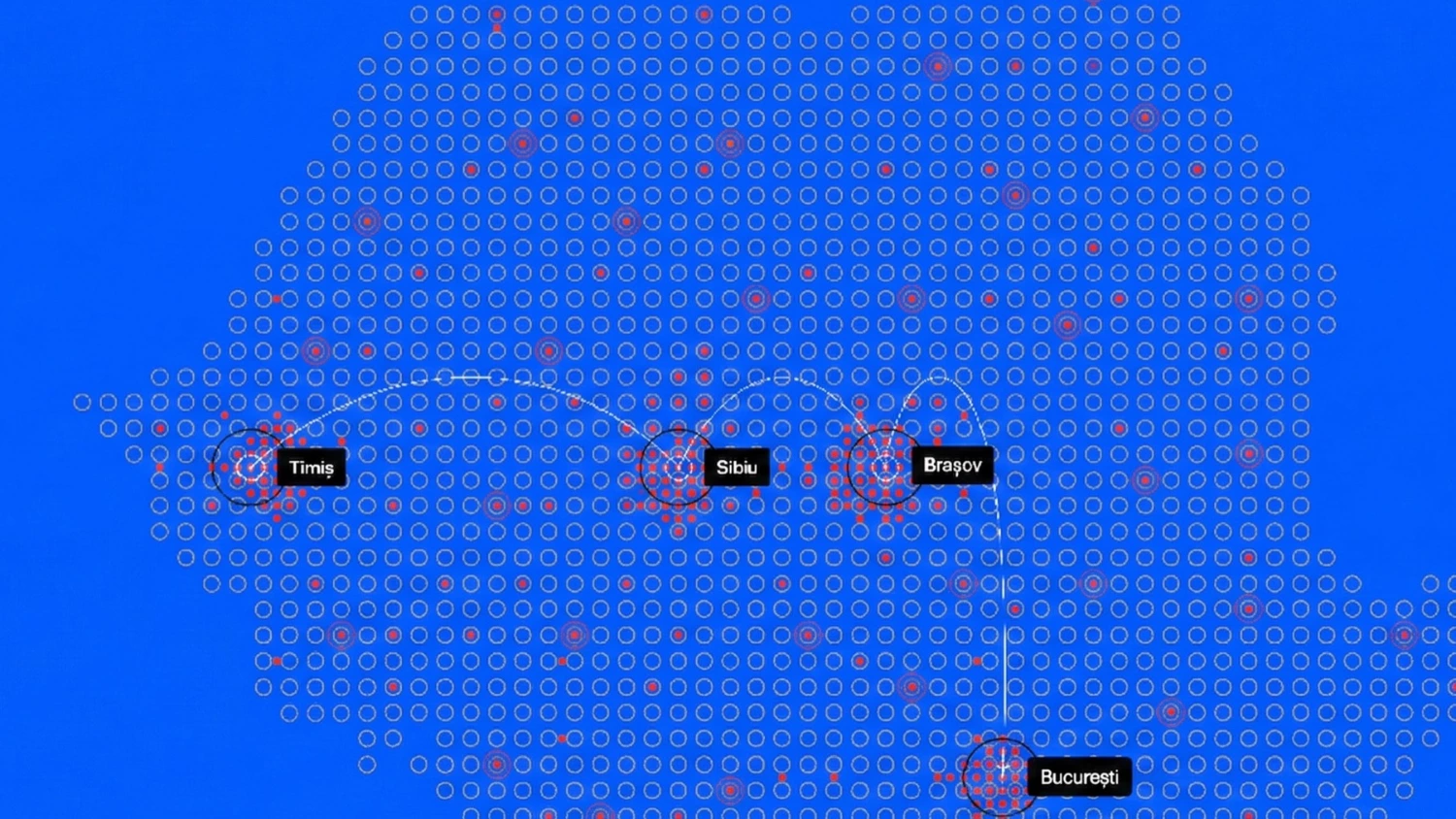The study also shows that young Romanians are increasingly aware of the need to take action in order to fight climate change and also expect companies and governments to do so. Nearly 70% of both generations are willing to pay more for sustainable goods or services, and around a third plan to avoid buying fast fashion, reduce air travel, and research companies' environmental impact before buying their products, in order to pressure them to take climate action. Also, 84% of Romanian Millennials and 81% of Gen Zs believe that businesses could and should do more to enable consumers to make more sustainable purchasing decisions, and governments should play a bigger role in pushing companies to address climate change (82% of Millennials and 80% of Gen Zs). At the same time, more than three quarters of both generations are actively involved in reducing their personal environmental impact.
Young people are also increasingly interested in technology developments – more than 40% think using GenAI solutions will improve the way they work in the near future.
”This year's study shows that young Romanians' attitude towards innovative technologies, such as GenAI, is similar to the one we encounter in our interactions with the business environment, defined by a mix of enthusiasm and caution, but dominated by openness and by the belief that using such solutions will have beneficial effects on their work. On the other hand, aware of the need to acquire new skills in order to successfully use GenAI solutions, young Romanians are willing to invest time and effort in their education; they will certainly find in their employers the right allies and enablers to reach this goal,” said Alexandru Reff, Country Managing Partner, Deloitte Romania and Moldova.
The study also shows that 17% of Romanian Millennials and 13% of Gen Zs frequently use GenAI at work. Receptiveness to such solutions is more pronounced among Millennials, who say they are rather fascinated (31%) than unsure (19%) about GenAI potential. As a result, young people strongly agree that using this technology in the workplace will help to free up their time and improve work/life balance, and to focus more on creative activities, as the repetitive ones will be executed by robots. The study also highlights that nearly half of Romanian Millennials and 43% of Gen Zs are undergoing or plan to undergo GenAI training and upskilling in the coming year, as part of their professional development process.
Regarding mental well-being, most Romanians participating in the study indicate an improvement compared to last year. Thus, 64% of Millennials and 55% of Gen Zs say their current mental well-being is good or extremely good, and the share of Romanian Gen Zs who feel stressed most of the time decreased from 52% to 38%. In exchange, it remains stable among Millennials (35%). The main stress factors are long-term financial situation (50% of Millennials and 52% of Gen Zs) and family welfare (47% of Millennials and 53% of Gen Zs).
The Deloitte Global Gen Z and Millennial Survey 2024, now in its 13th edition, was conducted among around 8,400 Millennials (born between January 1983 and December 1994) and approximately 14,500 Generation Zs (born between January 1995 and December 2003), in 44 countries worldwide.









